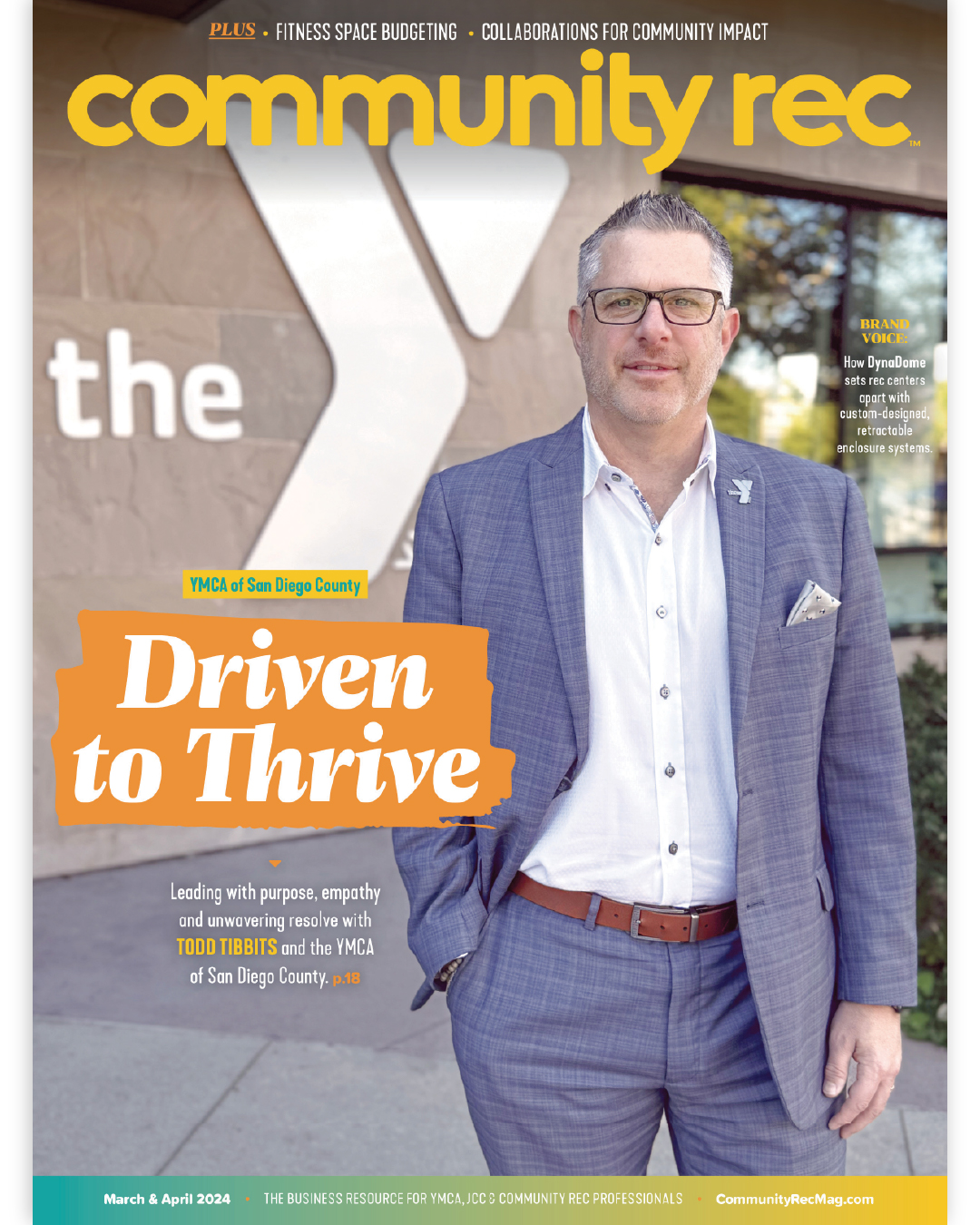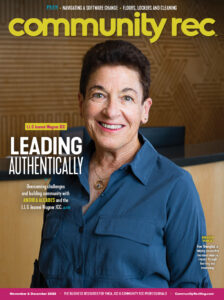Milk and Honey Farm creates a unique environment where Boulder JCC members can learn from the land.
Finding creative ways to engage and help your community can be challenging, but sometimes they just seem to fall into place. This was the case for the Boulder JCC located in Boulder, Colorado.
When the JCC built out its new campus in 2016, a number of volunteers and Becca Gan Levy, the farm and sustainability director at the JCC, envisioned a Jewish educational farm on the campus. And, with the support of the Oreg Foundation — which owned and managed the land — JCC professionals, community volunteers and funders, their vision became a reality.
In the summer of 2016, the 2.5-acre Milk and Honey Farm opened and began serving the surrounding community.
“Milk and Honey Farm provides a unique avenue for the community to come together through experiential programs and activities grounded in Jewish heritage, tradition and values,” said Jonathan Lev, the executive director of the Boulder JCC. “The Farm creates opportunities for individuals to connect on the simplest level with soil, plants, animals and people.”
The farm raises and cares for goats and chickens, provides a learning space and garden year-round in their geodesic dome greenhouse, houses bees, grows vegetables and flowers organically to donate, and maintains educational garden beds. Additionally, the farm runs intergenerational programs such as farm dinners, DIY events, gardening workshops, Farmside Shabbat and other Jewish holiday programming to engage JCC members.
Members and volunteers are an integral part of the farm. According to Lev, each year more than 120 community volunteers support the farm through programming, harvesting and caring for animals. Students and staff are able to pick a variety of vegetables, grains, edible flowers, fruits and herbs when working in the educational and experiential garden.
“Through our farm programming, over 600 community members have engaged on the farm in the last year, across 30 programs and volunteer opportunities,” said Lev. “In addition, our farm educator worked directly with 185 early childhood center students this last year through weekly farm visits, and farm, food and sustainability programming in the classroom and on the farm. These programs run year-round with the help of our enclosed educational greenhouse.”
The farm is not only a bright spot for JCC members, but the entire community as well. Food grown on the farm is harvested by volunteers and donated to individuals experiencing food insecurity in Boulder County and to other early childhood centers for farm-to-table education programs. Each growing season the farm donates over 2,000 pounds of food.
“As of July in the 2020 growing season, 475 pounds of produce have been donated throughout Boulder County,” said Lev. “In addition, we have seen increased interest from the community in backyard farming. We led a series of virtual classes on backyard gardening and how to use community supported agriculture produce.”
Overall, Milk and Honey Farm provides a way for community members of all ages to experience and learn about the earth and sustainability through Jewish tradition. Lev explained experiential learning opportunities for all ages creates a connection to the land and where food comes from. It’s an opportunity for members to connect to their agrarian roots in modern ways and put their Jewish values into action.
“Many people are far removed from where their food comes from,” said Lev. “Having a farm — or any ongoing program about food and farming — connected to a school and/or community center bridges this gap. Having the farm as a central part of our community promotes a deeper sense of connection to place and the people with whom you share this space.”
Sustainability on the Farm
- The chickens on the farm were hatched from eggs the Boulder JCC kindergarten class incubated and raised.
- The barn houses a pump room which filters agricultural ditch water for use in drip irrigation throughout the JCC campus.
- The goats on Milk and Honey Farm are owned and cared for by a group of community members. This project represents one of the first agricultural initiatives within the Jewish community on the JCC campus, called Beit Izim (House of Goats).
- The farm operates a modified aquaponics system, raising fish in a thermal water tank and using their wastewater to water the greenhouse beds.
- Many of the vegetables and flowers that are grown are pollinators, supporting the bee population.











